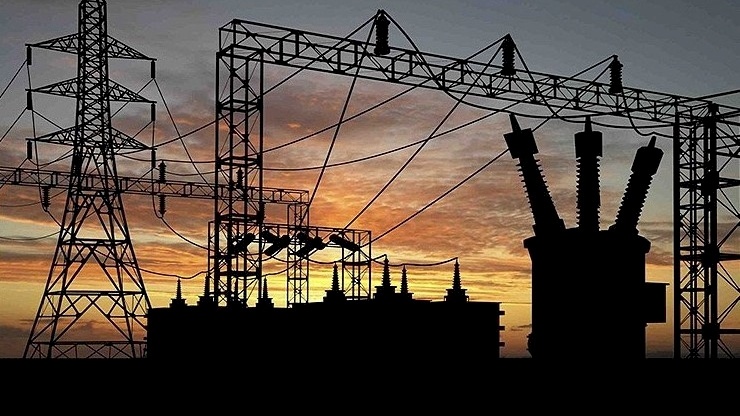
Electricity Production in Syria Increases to About 2400 Megawatts
SadaNews - Electricity production in Syria has risen to about 2400 megawatts, allowing for a noticeable improvement in electricity supply in several provinces, including supplying the capital, Damascus, with electricity for 24 hours for the first time since 2011, according to Mohammad Fadila, director of the General Electricity Generation Company in Syria.
However, he pointed out that current production is still "less than a third" of Syria's daily electricity needs, estimated at 8 gigawatts, emphasizing that providing stable supply to other areas is linked to the completion of the rehabilitation of generation units and the continued supply of gas and fuel in required quantities. He noted that estimating a specific timeline for achieving full supply is "currently impossible," but efforts are ongoing to gradually reach it.
Damascus is working to rehabilitate the country's energy sector in a project estimated to be worth about $7 billion, after the electricity crisis has worsened since 2016 due to many generation stations going offline as a result of the war or lack of maintenance. The period between 2023 and 2024 has seen power rationing, with electricity supply dropping to 4 hours in some areas.
Maintenance Works to Address the Country's Major Challenges
Syria consumes about 5200 tons of fuel and nearly 9 million cubic meters of gas daily, according to Fadila, who noted that maintenance operations are being conducted on some units of the Zaraa, Baniyas, Aleppo, and Nasiriya stations, with other planned operations in Jandar and Deir Ali, sometimes utilizing foreign expertise for technical consultations.
Electricity is one of the most significant challenges facing Syria, as Khaled Abu Di, the general manager of the Electricity Transmission and Distribution Corporation, stated in previous remarks to "Asharq" that the country needs about 5 years for stable electricity flow, noting a shortfall exceeding 80% of the total current needs.
Abu Di clarified at the time that the cost of rehabilitating the sector is estimated at around $40 billion, including half a billion dollars allocated for developing transmission and transformation networks. He pointed out that a $146 million grant from the World Bank, which has been approved, will be used to rehabilitate damaged transmission lines and conversion stations.

Head of European Intelligence: Russia's Economy is Not on the Brink of Collapse

Galaxy S26 Ultra Puts Privacy First with New Anti-Peeping Display

OpenAI Approaches Record Funding as Macron Prioritizes Child Protection at G7

IMF Keeps Its Forecast for China's Economic Growth at 4.5% in 2026

Oil Prices Continue Gains as Investors Assess U.S.-Iran Tensions

Slight Increase in Gold Prices Ahead of U.S. Inflation Data

Oil Stabilizes Near $67 as Talks Progress Between Washington and Tehran
